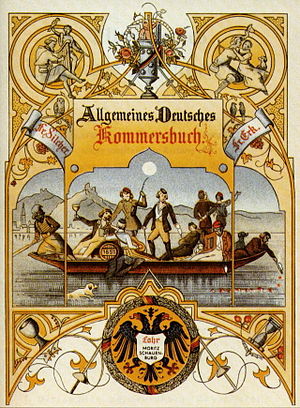| Display title | All the Little Germanies |
| Default sort key | All the Little Germanies |
| Page length (in bytes) | 7,227 |
| Namespace ID | 0 |
| Page ID | 40785 |
| Page content language | en - English |
| Page content model | wikitext |
| Indexing by robots | Allowed |
| Number of redirects to this page | 1 |
| Counted as a content page | Yes |
| Number of subpages of this page | 0 (0 redirects; 0 non-redirects) |
| Page image |  |
| Edit | Allow all users (infinite) |
| Move | Allow all users (infinite) |
| Delete | Allow all users (infinite) |
| Page creator | prefix>Import Bot |
| Date of page creation | 21:27, 1 November 2013 |
| Latest editor | Robkelk (talk | contribs) |
| Date of latest edit | 23:38, 5 January 2021 |
| Total number of edits | 13 |
| Recent number of edits (within past 180 days) | 0 |
| Recent number of distinct authors | 0 |
Description | Content |
Article description: (description)
This attribute controls the content of the description and og:description elements. | When Francis II abdicated as Holy Roman Emperor in 1804 and assumed the title of Francis I of the Empire of Austria, the implied acceptance of the death of the Holy Roman Empire of the German Nation, though dictated by Napoleon, was simply a recognition of reality. Napoleon, however, having shattered German unity legally, ironically went a good way toward re-establishing it politically by amalgamating the tiny imperial states into larger units; Bavaria and Württemberg became Kingdoms on January 1, 1806, Saxony followed on December 20, and Westphalia was created as a Kingdom for Napoleon's youngest brother Jérôme in 1807. After the fall of Napoleon, the Congress of Vienna in 1815 ratified most of Napoleon's foundations (Westphalia being a notable exception) while restoring some of the larger earlier units such as Hanover (now also raised to a Kingdom). Prussia increased dramatically in size, having been awarded substantial territories in the Rhineland, in recognition of the magnitude of her efforts against Napoleon - and of her army.[1] After the Empire itself ceased, the run-up to the establishment of the Deutsches Reich may be considered the period of All the Little Germanies (or, as the Germans called it, the 'Biedermeier' period). |
